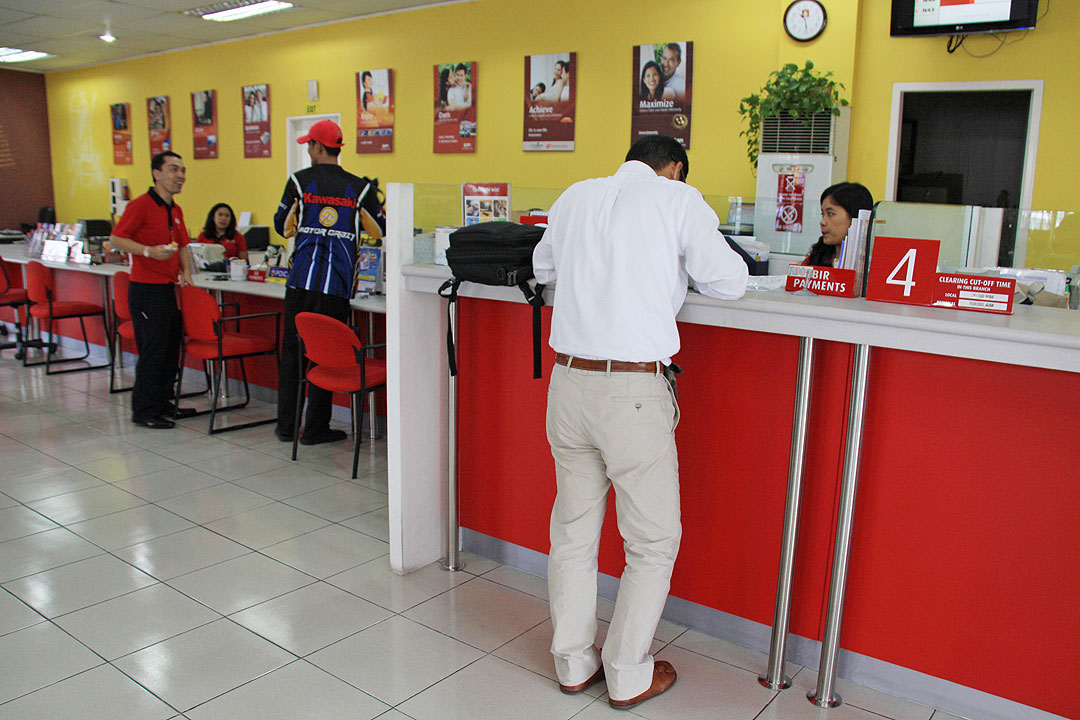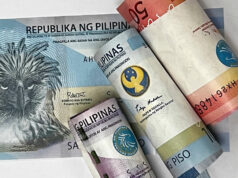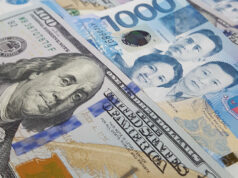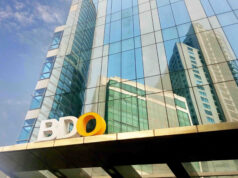Holiday spending seen lifting banks’ Q4 profits

PHILIPPINE BANKS may post faster earnings growth in the fourth quarter as holiday spending and remittance inflows revive credit demand after a subdued third quarter, according to analysts.
“The banking sector’s slower profit growth in the third quarter reflects tighter margins from BSP rate cuts, cautious lending due to economic headwinds, and the impact of the corruption scandal on business sentiment,” Reyes Tacandong & Co. Senior Adviser Jonathan L. Ravelas said in a Viber message.
“While top banks like BDO Unibank, Inc., Bank of the Philippine Islands (BPI) and Metropolitan Bank & Trust Co. (Metrobank) held steady, the overall tone was defensive,” he added.
The BSP cut policy rates by 25 basis points (bps) last month, the fourth straight reduction, bringing the benchmark to 4.75%. The easing cycle that began in August last year has now delivered 175 bps of cuts.
BDO’s attributable net income rose 6% in the third quarter to P22.47 billion, supported by the continued expansion of its core businesses. Nine-month earnings climbed 4% to P63.09 billion.
BPI posted a 5.2% increase in nine-month net income to P50.5 billion as revenue growth outpaced expenses.
Metrobank’s attributable net income grew 2.56% in the third quarter to P12.43 billion on the back of stronger consumer lending, bringing nine-month profit to P37.28 billion, up 4.3%. The bank cited solid loan growth, improving margin trends, healthy trading income and controlled costs.
Preliminary BSP data showed banking sector net income rose 3.6% to P300.4 billion in the first nine months. That pace lagged the 4.1% expansion in the first half and the 6.4% gain a year earlier.
Philippine Institute for Development Studies Senior Research Fellow John Paolo R. Rivera said the sector’s slower earnings reflected tighter margins, subdued loan appetite and rising operating and credit costs.
“Sluggish government spending also reduced loan activity and fee income,” he said via Viber.
Cristina S. Ulang, First Metro Investment Corp. head of research, said moderating economic growth had weighed on banks. Gross domestic product (GDP) grew 4% in the third quarter, the slowest in more than four years and well below the second quarter’s 5.5% and the year-earlier 5.2%. GDP averaged 5% in the first nine months, trailing the government’s 5.5%-6.5% target for the full year.
The widening corruption scandal over flood-control and infrastructure spending — now said to involve the President — further eroded sentiment.
Mr. Rivera said this cautious mood could persist into the fourth quarter, although the season would likely deliver a mild rebound as holiday purchases, stronger remittance flows and potential Treasury gains from easing rates add support.
“I expect a modest pickup in the fourth quarter driven by holiday spending, remittances and rate-driven loan demand,” Mr. Ravelas said. “But risks like foreign exchange volatility and lingering trust issues remain.”
Ms. Ulang also anticipates a seasonally stronger fourth quarter for lenders.
Faster BSP easing relative to the US Federal Reserve could help stimulate loan demand but could add pressure on the peso, analysts said.
Mr. Rivera noted that narrower margins might be an initial consequence but said lower rates should eventually aid lending and reduce funding costs.
Mr. Ravelas said banks need to adapt quickly, prioritizing consumer lending, digital expansion and cost discipline as they navigate slower domestic growth and position for a stronger 2026.
Mr. Rivera said lenders are likely to focus on managing deposit costs, sharpening risk assessments and leaning more on fee-based businesses to offset tighter spreads.
He said full-year 2025 net income growth would likely finish flat to slightly higher than in 2024, assuming fiscal execution improves and confidence returns.
Ms. Ulang expects faster income growth next year, saying industry loan portfolios should expand at a double-digit pace as sentiment stabilizes.
“The year 2026 will be a better year, growth and business sentiment-wise,” she said. “But climate and external trade uncertainties will be key challenges. The corruption scandal will see resolution and re-energize confidence.” — Aaron Michael C. Sy



